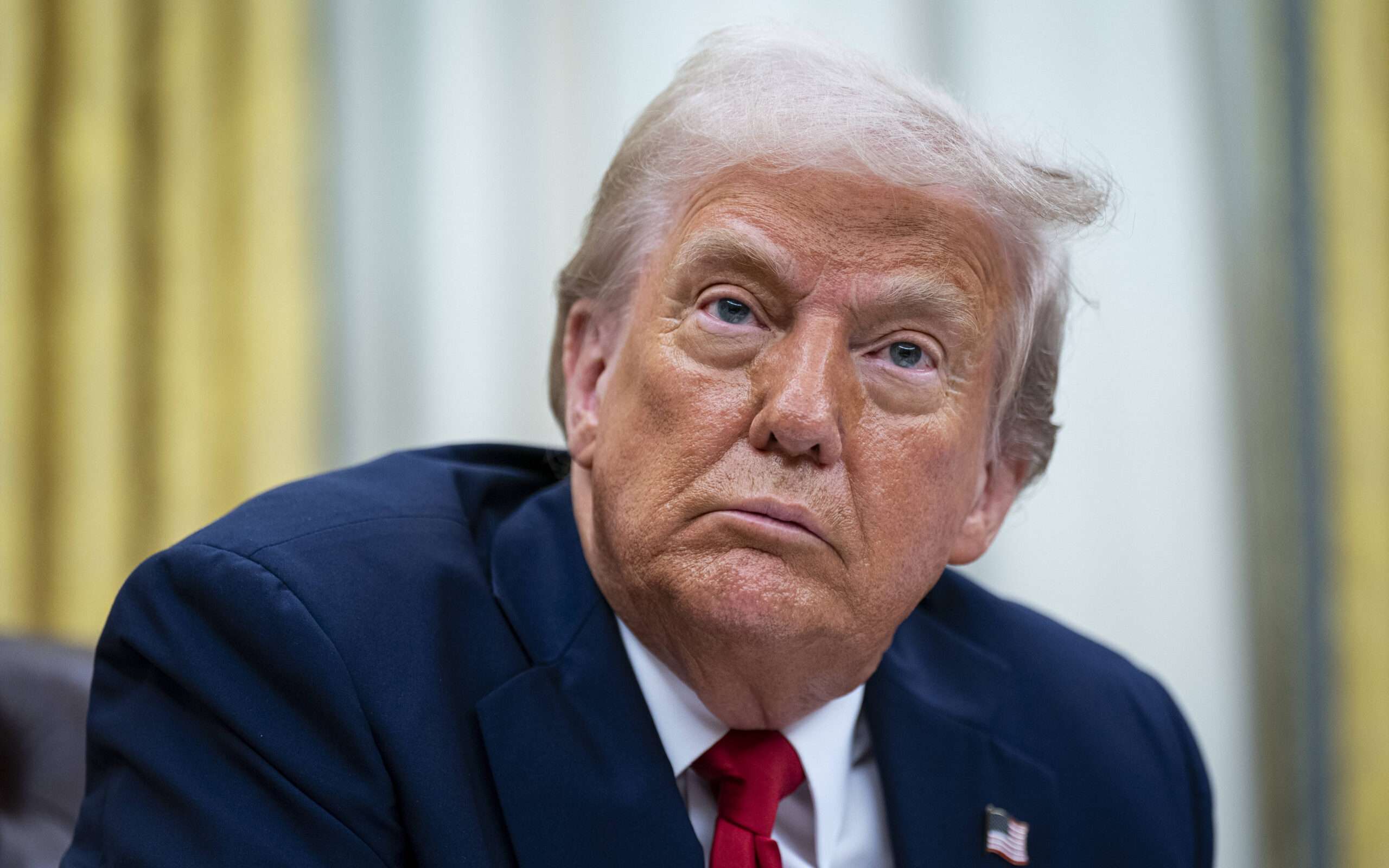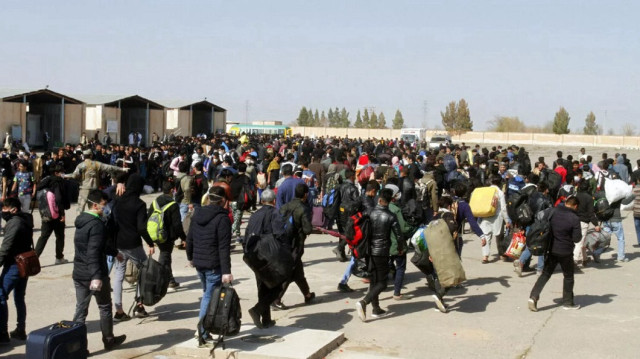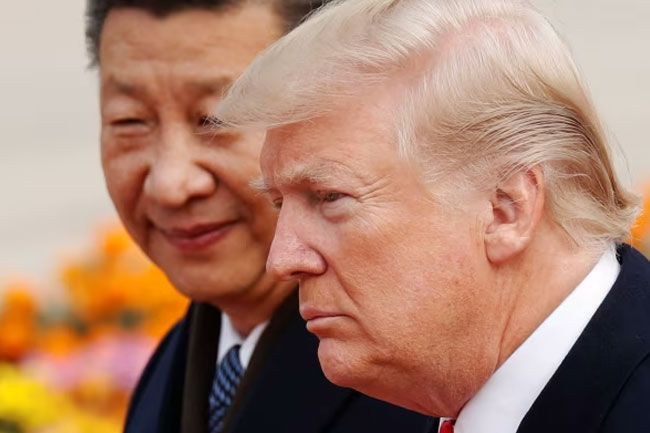Zelensky Invites Trump: Witness Ukraine's Reality
The complex dynamics of Ukraine's conflict with Russia intensify as Zelensky invites Trump to witness the devastation firsthand, while diplomatic efforts for peace continue amid international scrutiny.
Published April 16, 2025 - 00:04am

Image recovered from boursorama.com
The ongoing crisis in Ukraine remains a dominant international issue, marked by an intriguing call from Ukrainian President Volodymyr Zelensky to former U.S. President Donald Trump. Zelensky, amid the turmoil of Russian aggressions, invited Trump to visit Ukraine to witness the direct impact of the conflict. This invitation, extended during a CBS interview prior to a deadly Russian strike on Sumy, reflects the urgency and scale of devastation that Ukraine endures.
The invitation underscores Zelensky's strategy to reinforce the global understanding of Ukraine's plight using influential international figures. Zelensky is reported to have conveyed to Trump the imperative of experiencing firsthand the destruction wrought by the Russian invasion before making any decisions or negotiations. Zelensky challenged the Trump administration's understanding of President Vladimir Putin, emphasizing the lack of trust in Putin's intentions and highlighting Russia's unyielding aggressiveness.
This situation sets the stage for the larger diplomatic context where U.S. special envoy Steve Witkoff's efforts play a significant role. Witkoff's negotiations with Putin highlight a potential avenue for peace, albeit fraught with difficulty. In a recent Fox News interview, Witkoff expressed cautious optimism regarding a framework for a lasting peace agreement, despite the inherently complex geopolitical landscape. The discussions reveal deep-seated issues, including territorial disputes and NATO security protocols, that complicate any potential resolution.
In contrast, recent remarks by Trump reveal a series of criticisms and attributions of blame across the involved parties, including Zelensky and President Biden. Trump accused both of failing to prevent or end the war, asserting an expectation that they could have acted more decisively. His comments came after the latest Russian missile attack on Sumy resulted in numerous casualties, further straining the fragile international relations surrounding the conflict.
While Witkoff sees a glimmer of hope in the negotiations' progress, skepticism abounds within Trump's own administration. Figures like Secretary of State Marco Rubio urge caution, advocating for a firm stance on the territorial integrity of Ukraine and expressing doubts about Putin's sincerity in these talks. The international community, including European allies, echoes this skepticism amid ongoing Russian military actions in Ukraine.
As the U.S. administration balances these internal and external pressures, Zelensky's call to Trump aims to catalyze a deeper commitment to aiding Ukraine beyond political rhetoric. The intersection of Witkoff's diplomatic engagement and Zelensky's direct appeal to Trump illustrates the multifaceted approach Ukraine is taking to secure its sovereignty and stability in the face of relentless adversity.
The complexities of the situation in Ukraine show no sign of an immediate resolution. The intertwined narratives of diplomatic efforts, military realities, and international politics continue to unfold, with Zelensky's invitation to Trump symbolizing both a tactical move and a genuine plea for awareness and action.







